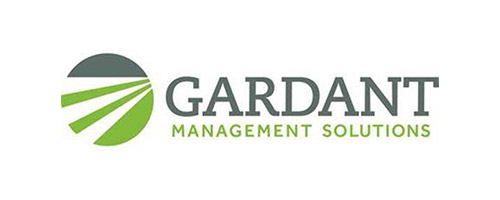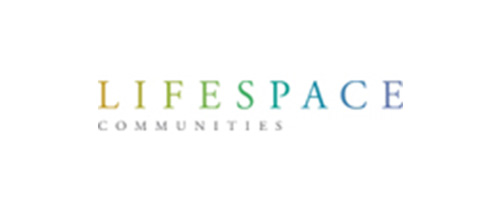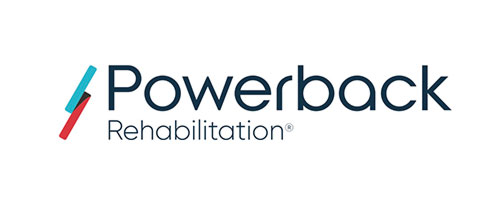Tao of Lifestyle Growth Part 3: Powerful Communication
Tao or dao is a Chinese word signifying the way, path, route or road. Masterpiece is offering a four-part blog series on “The Tao of Lifestyle Growth,” discussing coaching and its role in senior living. The topics include kaizen, artful listening, communication and engagement. In part three of this series, Amanda Baushke examines the power of communication.
Part Three
Powerful Communication
Words matter. In his book How Full Is Your Bucket, author and researcher Tom Rath suggests that every interaction with another person either fills that person’s bucket with positivity or dips out of the bucket and spreads negativity.
In our work with older adults, we aim to empower them to embrace aging as a time of growth and to focus on purpose and meaningful relationships. We do this through lifestyle coaching, and we ensure that our communication fills buckets by being mindful that words really do matter.
Communication is the foundation of coaching. In a formal coaching session, the coach starts by asking a powerful question to establish an agenda for the conversation. The agenda determines the purpose of the coaching conversation, identifies what the “coachee” wants to focus on and establishes how the coach and coachee will know when the goal has been accomplished.
The first question can be as simple as, “What would you like to focus on today?” Through artful listening and mirroring, a clear topic will emerge for the session.
Powerful questions in a coaching session are magical. They help coachees discover the next steps that work for them based on their available resources and readiness for change. My colleague, Danielle Palli, introduced powerful questions in part two of this series as an important first step to artful listening. Let’s further define powerful questions.
What are powerful questions?
- Powerful questions are open-ended. They often start with who, what, where, when or how and cannot be answered with a simple yes or no. They create greater clarity and can open new possibilities for the coachee.
- Powerful questions reflect active listening. By actively listening to what’s being shared, a coach can ask questions to support the coachee in self-discovery. Those questions will be directed toward what the coachee wants to accomplish according to the established agenda.
- Powerful questions are not judgmental. The coach/coachee relationship is designed to be a comfortable space for self-discovery. That space will not feel as comfortable if the coachee feels judged—even if the judgment is positive. Coaches should not insert or reflect their own biases but should be what we call a “detached thinking partner.”
- Powerful questions are not leading. Sometimes, when you’re not in the driver’s seat of self-discovery, the solution seems so obvious! However, self-discovery is an important part of coaching. Therefore, it’s important not to guide the coachee toward a specific response by asking leading questions.
- Powerful questions are not stacked. This can be tough to do. Coaches who are actively listening and engaged in what the coachee is saying won’t be formulating the next question while the coachee is talking. This means that the question is created when there’s a pause in the conversation, and sometimes, coaches ask several questions instead of one. This is a mistake as it leaves the coachee wondering which question to answer.

Nonverbal communication
Another important element of communication involves nonverbal cues. Dr. Albert Mehrabian, professor emeritus of psychology at UCLA, pioneered an understanding of communication as it relates to body language.
He found that when people are in a face-to-face setting discussing their feelings and attitudes, 7% of their message comes from the words that are said, 38% comes from the way the words are said, and 55% comes from facial expressions and gestures. Is the coachee hunched over with legs crossed? This signifies that something important took place in the conversation, which may be something to explore.
Coaching vs. conversation
What’s the difference between a coaching conversation and a friendly chat with an older adult? The main difference is in the self-discovery process. In today’s society, we are quick to solve one another’s problems. When you’re chatting with a resident who expresses a struggle, a whole list of solutions may come to your mind. In a coaching conversation, the coach works to identify the best solution for the coachee through self-discovery.
Consider trying this technique the next time a friend or relative shares a struggle: listen, ask questions and avoid giving advice. The conversation may surprise you.
In part four of this series, Masterpiece training and partnership specialist Kai Hillberry will discuss engagement as it relates to powerful communication, and the importance of “mattering.” Hillberry tells us, “Meaningful engagement isn’t just about showing up, it’s knowing that you matter, and you are valuable to the community.” (See accompanying video for more on Mattering: https://vimeo.com/504400422.)
Author: Amanda Baushke is a coach and the Managing Director of Operations for Masterpiece.
Masterpiece is dedicated to providing a pathway for inspiring and cultivating individual growth, resilience and purposeful longevity at every stage of life. Through data-focused measurements and research-backed content, our team of dedicated health and longevity experts offer communities the content and programming to provide their residents with a unique approach to holistic health and well-being for sustained vitality. Learn more: https://www.mymasterpieceliving.com/.
Note: This information is not intended to replace a one-on-one relationship with a qualified healthcare professional and is not intended as medical advice. It is intended as a sharing of knowledge and information from research. The view expressed here are not necessarily those of the ICAA, we encourage you to make your own health and business decisions based upon your research and in partnership with a qualified professional.
Share



































